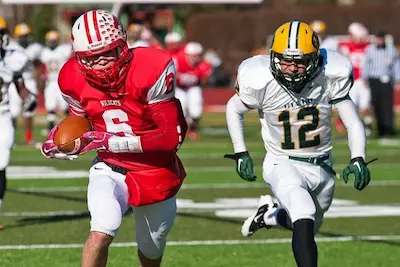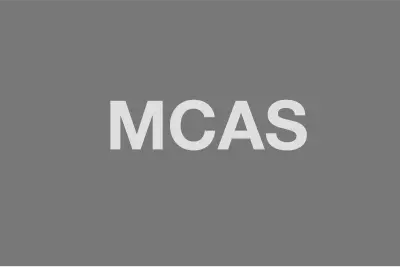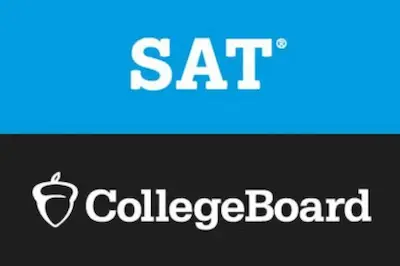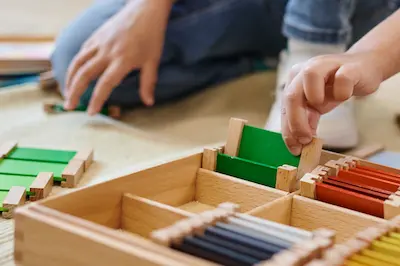Private schools in the Boston area vary widely in terms of their sports offerings and philosophies. Some may focus heavily on sports as a central part of their educational mission, while others may prioritize academics or other areas. If you're considering a private school for your child and sports are a significant factor for you, it's a good idea to research and visit potential schools to understand their specific sports programs, culture, and opportunities.
Sports Offered
Boston area private schools typically offer a variety of sports, including popular ones like football, basketball, soccer, baseball, tennis, swimming, and track and field. Some schools may offer niche or less common sports, depending on their resources and student interests. For example, Winsor School in Boston offers fourteen sports, including field hockey, soccer, crew, sailing, tennis, lacrosse, softball, track, basketball, and swimming
Facilities
Many private schools offer excellent sports facilities, including fields, gymnasiums, swimming pools, ice rinks, and other sports-related infrastructure.
Competitiveness
The level of competitiveness varies from school to school and within each school from grade to grade. The levels of competitiveness generally fall into one of three categories: informal, intramural, and interscholastic or varsity sports.
Informal Sports: Many schools offer informal sports activities for younger students or as extracurricular activities for older students to encourage physical activity combined with fun and relaxation.
Intramural Sports: Intramural sports teams compete with teams from the same school. They are designed to be inclusive and cater to a wide range of participants, regardless of skill level or previous experience. Intramural sports are an excellent way for individuals to stay active, socialize, and have fun. These programs promote a healthy lifestyle, build camaraderie, and provide a recreational outlet for participants who may not be interested in or able to commit to the higher level of competition found in intercollegiate or varsity sports.
Interscholastic Sports: Interscholastic sports teams compete with teams from other schools. In many schools, interscholastic sports are divided into varsity and junior varsity (JV) teams. Varsity teams are typically the most competitive, while JV teams are for younger or less experienced athletes who are developing their skills. While team sports are common in interscholastic competition, individual sports, such as track and field or wrestling, are also prevalent. Interscholastic sports play a significant role in the school experience, promoting physical fitness, teamwork, and school spirit. They also provide a platform for talented athletes to showcase their skills and potentially pursue athletic careers beyond the school level, either in college or professionally.
Coaching
Private schools frequently hire experienced coaches who are dedicated to developing student-athletes. This can lead to more individualized attention and coaching than might be available in some public schools. Interscholastic sports teams typically have a dedicated coaching staff.
Eligibility Requirements
Student-athletes often need to meet academic and eligibility requirements to participate in interscholastic sports. These requirements can include maintaining a minimum grade. High-performing interscholastic athletes may receive scholarships and opportunities for college recruitment, depending on their skill levels.
Other Considerations
Emphasis on Sportsmanship: Many private schools place a strong emphasis on sportsmanship, character development, and holistic student-athlete growth. This can be appealing to parents who want their children to have a well-rounded education.
Participation Requirements: While private schools can be competitive in terms of their sports programs, they often encourage a broader range of students to participate in sports, even those who may not be elite athletes. This is in line with their commitment to holistic education.
Extracurricular Options: In addition to traditional sports, private schools may offer a range of extracurricular physical activities, such as yoga, dance, martial arts, and more.








